Israel Kleiner9780817646844, 0817646841, 081764685X, 9780817646851, 9780387340500, 0387340505
The development of abstract algebra was propelled by the need for new tools to address certain classical problems that appeared unsolvable by classical means. A major theme of the approach in this book is to show how abstract algebra has arisen in attempts to solve some of these classical problems, providing context from which the reader may gain a deeper appreciation of the mathematics involved.
Key features:
* Begins with an overview of classical algebra
* Contains separate chapters on aspects of the development of groups, rings, and fields
* Examines the evolution of linear algebra as it relates to other elements of abstract algebra
* Highlights the lives and works of six notables: Cayley, Dedekind, Galois, Gauss, Hamilton, and especially the pioneering work of Emmy Noether
* Offers suggestions to instructors on ways of integrating the history of abstract algebra into their teaching
* Each chapter concludes with extensive references to the relevant literature
Mathematics instructors, algebraists, and historians of science will find the work a valuable reference. The book may also serve as a supplemental text for courses in abstract algebra or the history of mathematics.
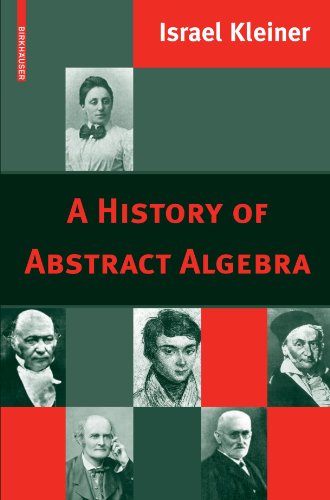
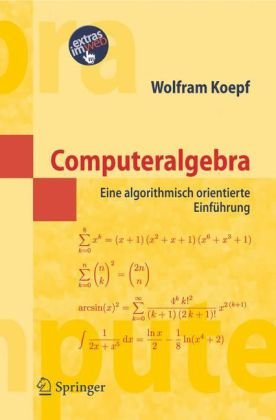
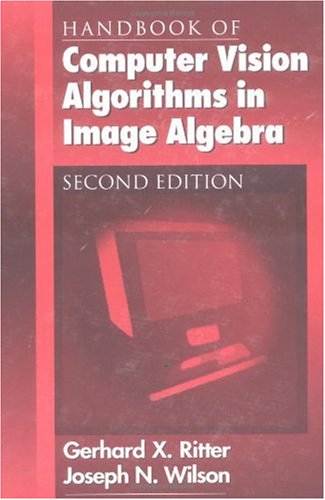
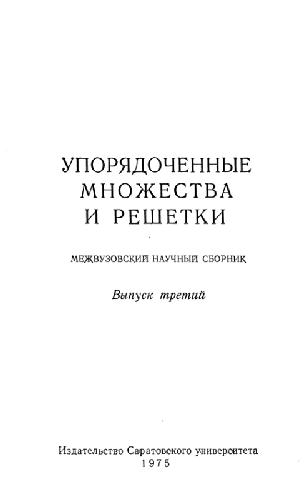
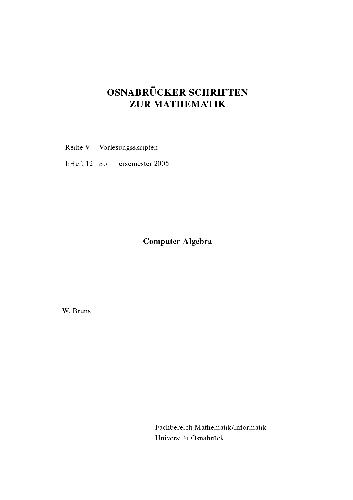
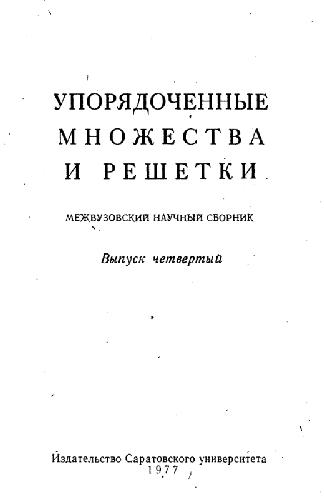
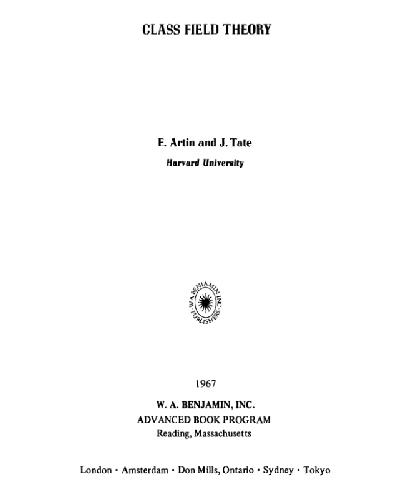
Reviews
There are no reviews yet.